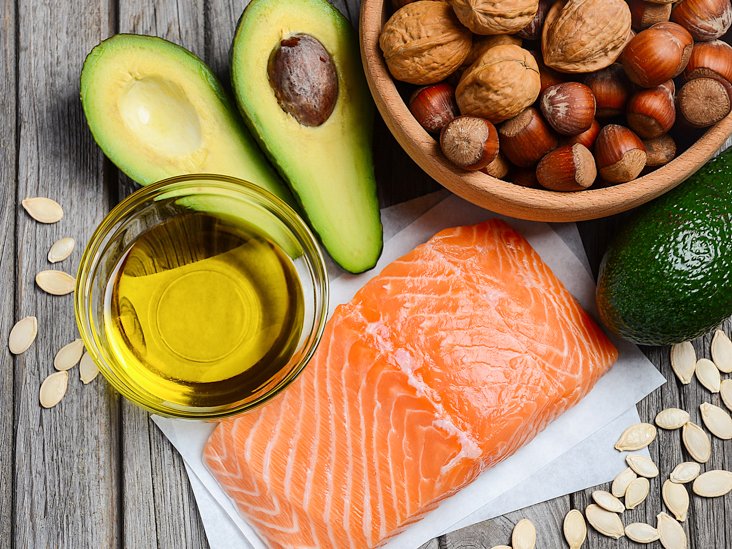
The ketogenic or "keto" diet is a low-carb, high-fat diet plan that has been utilized for quite a long time to treat particular medical conditions. In the nineteenth century, the ketogenic diet was commonly used to help control diabetes. In 1920 it was presented as a powerful treatment for epilepsy among young people in whom medication was inadequate. The ketogenic diet has additionally been tried and utilized in observed settings for malignancy, diabetes, Alzheimer's disease, and polycystic ovary syndrome.
However, this eating routine is gaining significant consideration as a potential weight loss technique because of the popular low-carb diets, which began during the 1970s with the Atkins diet (a low-sugar, high-protein diet, which was a business achievement and promoted low-carb diets to another level). Today, other low-carb diets including the Paleo, South Beach, and Dukan are on the whole high-protein thing, but are moderate in fat. Conversely, the ketogenic diet is popular for its incredibly high-fat count, commonly 70% to 80%, with just a moderate protein intake.
The commence of the ketogenic diet for weight reduction is that if you deprive your body of glucose—the principle source of energy for all cells in the body, which you get from carbohydrates in your food—an alternative fuel called ketones is being created from stored fat in your body (hence the expression "keto"- genic). The brain needs the most glucose in a steady supply, around 120 grams every day, since it can't store glucose. Amid fasting, or when almost no carbs are eaten, the body first pulls stored glucose from the liver and breaks down muscle to release glucose. If this continues for 3-4 days and stored glucose is completely exhausted, blood levels of a hormone called insulin diminish, and the body starts to utilize fat as its essential fuel. The liver produces ketone bodies from fat, which can be utilized when there is no glucose available.
When ketone bodies accumulate in the blood, this is called ketosis. Healthy people normally encounter mild ketosis amid times of fasting (e.g., resting, sleeping) and exceptionally strenuous exercise. Defenders of the ketogenic diet express that if the eating routine is thoroughly pursued, blood levels of ketones ought not to achieve a hurtful level (known as "ketoacidosis") as the mind will utilize ketones for fuel, and healthy people will commonly deliver enough insulin to keep extreme levels of ketones from forming. How soon ketosis occurs and the quantity of ketone bodies that accumulate in the blood is variable from individual to individual and depends upon variables like body fat percentage, resting metabolic rate etc.
Congratulations @stefan56! You received a personal award!
You can view your badges on your Steem Board and compare to others on the Steem Ranking
Vote for @Steemitboard as a witness to get one more award and increased upvotes!